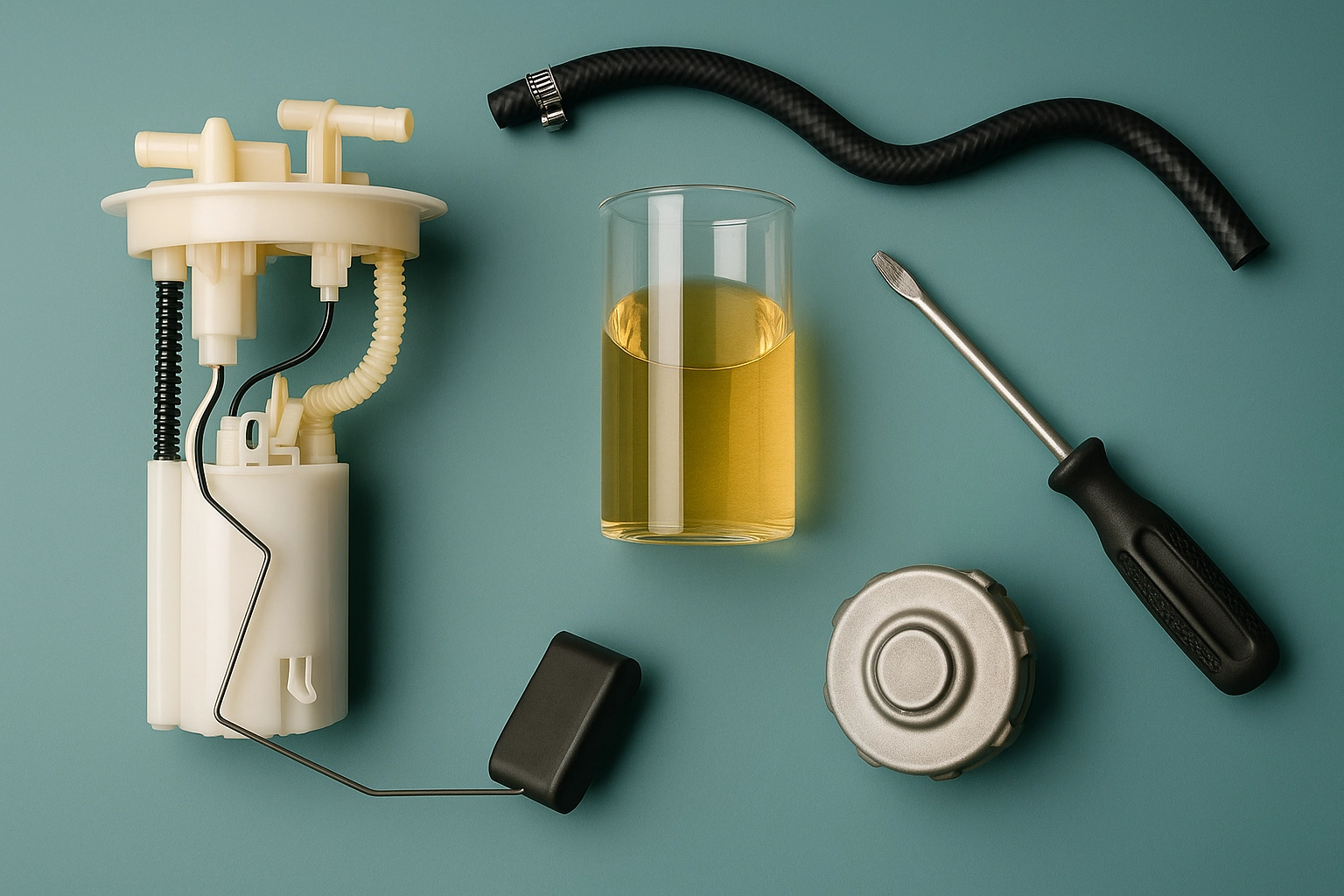ISO 27185 Exhaust Emission for Heavy Duty Vehicles
The ISO 27185 standard is pivotal for automotive manufacturers and fleet operators in the heavy-duty vehicle sector. This international standard mandates rigorous testing to ensure that exhaust emissions from heavy duty vehicles meet stringent environmental regulations aimed at reducing harmful pollutants like nitrogen oxides (NOx), hydrocarbons, and particulate matter.
The primary objective of ISO 27185 is to provide a comprehensive framework for the measurement of exhaust gas composition, including criteria pollutants such as CO, CO2, NOx, HC, and PM. The test procedures outlined in this standard are designed to simulate real-world driving conditions while ensuring that emissions comply with both national and international regulations.
The testing protocol typically involves equipping vehicles with specialized emissions measurement systems during road tests or using a chassis dynamometer for laboratory conditions. This ensures accurate and reliable data, which is crucial for compliance and certification purposes. The standard also covers the calibration of instruments used in exhaust gas analysis to maintain precision and consistency across different testing facilities.
The acceptance criteria specified by ISO 27185 are stringent and reflect the latest advancements in emission control technology. These criteria not only ensure that vehicles meet current regulatory requirements but also set benchmarks for future improvements in fuel efficiency and environmental performance. Compliance with these standards is essential for manufacturers to gain market access, especially in regions with strict emissions regulations such as Europe or North America.
Testing under ISO 27185 helps automotive companies identify potential issues early in the development process, allowing them to make necessary adjustments before production begins. This proactive approach can lead to significant cost savings and improved product quality. Additionally, it enhances a company's reputation for environmental responsibility, which is increasingly important in today’s market.
The scope of ISO 27185 extends beyond just the exhaust emissions; it also encompasses the evaluation of fuel efficiency. By testing vehicles under controlled conditions, manufacturers can optimize engine performance and reduce fuel consumption, thereby lowering operational costs and minimizing environmental impact.
In summary, compliance with ISO 27185 is not merely a regulatory requirement but an opportunity for automotive companies to enhance their products’ environmental credentials while ensuring long-term sustainability. The standard provides a robust framework that supports continuous improvement in emissions control and fuel efficiency, contributing significantly to the global effort towards cleaner air.
Applied Standards
The ISO 27185 standard is closely aligned with other international standards such as EURO VI and US EPA Tier 4 Final. These complementary standards further enhance the comprehensive approach to emissions and fuel efficiency testing, ensuring that vehicles meet strict environmental benchmarks across different regions.
- ISO 27185: Establishes protocols for measuring exhaust gas composition from heavy duty vehicles.
- EURO VI: Sets emission limits for pollutants in the exhaust gases of road vehicles.
- US EPA Tier 4 Final: Provides stringent emissions standards for off-road diesel engines and nonroad spark-ignition engines.
The harmonization of these standards ensures that manufacturers adhere to consistent and rigorous testing procedures, thereby promoting fair competition and environmental protection on a global scale.
Eurolab Advantages
At Eurolab, we leverage our expertise in automotive testing to provide comprehensive services tailored to the demands of ISO 27185. Our state-of-the-art facilities are equipped with advanced emission measurement systems that ensure precise and reliable data collection.
We offer a range of services including:
- Pre-test vehicle preparation
- Instrumentation calibration
- Real-world road testing
- Laboratory dynamometer testing
- Data analysis and reporting
Our team of experienced engineers ensures that every test adheres to the highest quality standards, providing accurate results that are critical for compliance. Eurolab’s commitment to excellence is further underscored by our adherence to international standards such as ISO 27185, EURO VI, and US EPA Tier 4 Final.
Our facilities are recognized for their reliability and accuracy, making us a preferred choice for automotive manufacturers seeking to ensure compliance with the latest emission regulations. By partnering with Eurolab, you can rest assured that your testing needs are met with precision and expertise.
Use Cases and Application Examples
The application of ISO 27185 is extensive across various stages of the automotive lifecycle:
- New Vehicle Development: Early-stage prototypes undergo rigorous testing to identify emission control issues.
- Production Line Quality Control: Continuous monitoring ensures ongoing compliance with emissions standards throughout production.
- Fleet Compliance Audits: Regular testing of fleet vehicles helps maintain regulatory compliance and operational efficiency.
- Retrofitting Solutions: Testing new emission control technologies in existing models to enhance fuel efficiency and reduce pollution.
In each case, the use of ISO 27185 ensures that vehicles meet stringent environmental requirements, supporting sustainable practices within the automotive industry.





